Last Man on Earth, The (1964)
“Someone else is alive in this world — but where are they? Where are they hiding?”
|
Synopsis: |
|
Genres, Themes, Actors, and Directors:
Review: — clearly a critical decision, given that the majority of the film centers on this character’s solitary existence in a desolate, zombie-ridden, post-apocalyptic city (which is supposed to be San Francisco, but clearly takes place in Italy, where the film was shot). Indeed, the decision to cast Price in this pivotal role does come across as suspect, and shifts the film automatically into a different “type” of film in viewers’ minds. With that said, while Price’s performance is uneven (at times he can’t seem to help hamming it up, even at a low level), his performance is ultimately effective enough to carry viewers along. We believe in the neurotic drudgery of his existence, and he occasionally bursts forth with depths of emotion rarely seen in his other films. Meanwhile, the screenplay is surprisingly compelling, despite its deliberately slow pace. After carefully showing us the details of Price’s daily regime — crafting wooden spikes to kill zombies; dragging zombie corpses to a pit to be burned; meticulously scouring sections of the city in search of life: — we’re shown an extended flashback sequence which nicely fills us in on Price’s pre-apocalyptic existence, and provides us with essential information on the plague. Adding to the film’s overall ambiance is Franco Delli Colli’s atmospheric cinematography, which successfully portrays the shadowy, uncertain world Price has come to inhabit. Shots of the zombies stalking Price’s house at night are especially effective, and immediately remind one of George Romero’s Night of the Living Dead (1968) (they were a clear inspiration). As DVD Savant writes, while The Last Man on Earth is “no classic” (it possesses too many subtly campy details to allow that moniker to stand), it’s still “a unique little chiller with progressive ideas”, and worth checking out at least once. Note: My favorite “Price-ism” in the film: “Your new society sounds charming.” Redeeming Qualities and Moments: Must See? Links: |
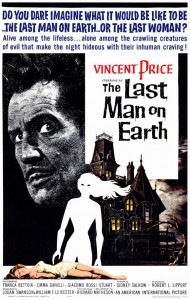
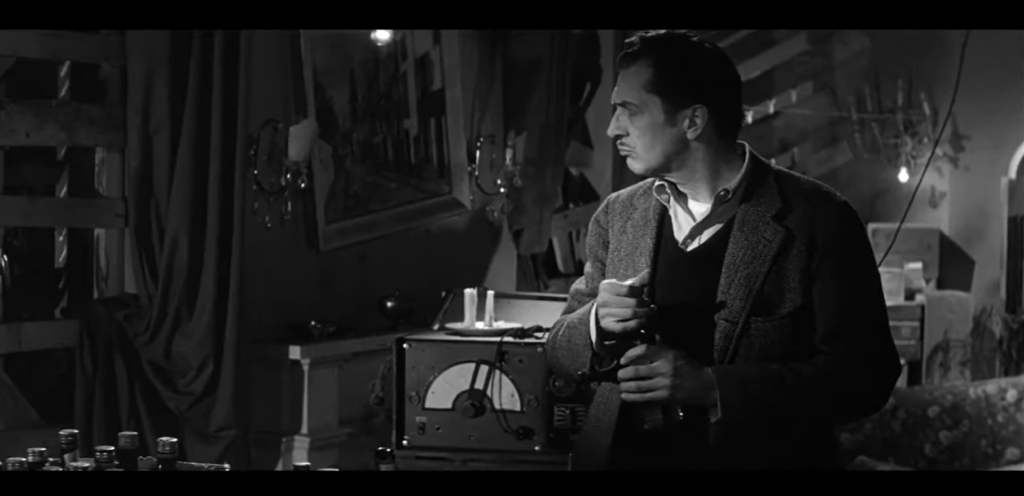
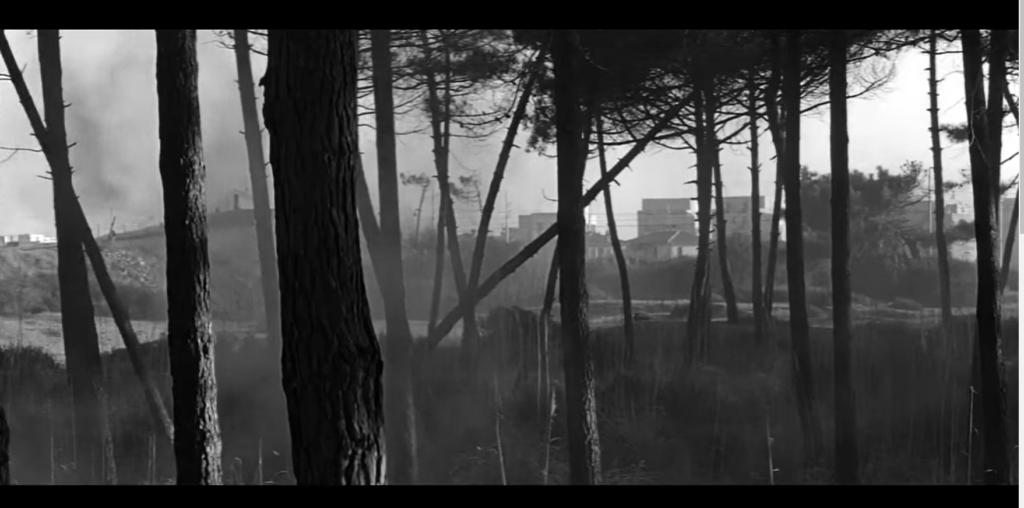
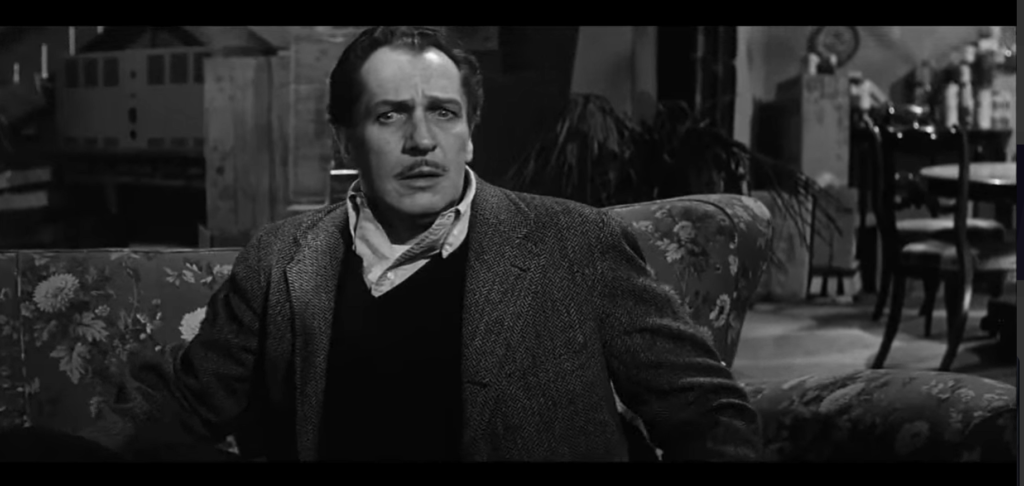
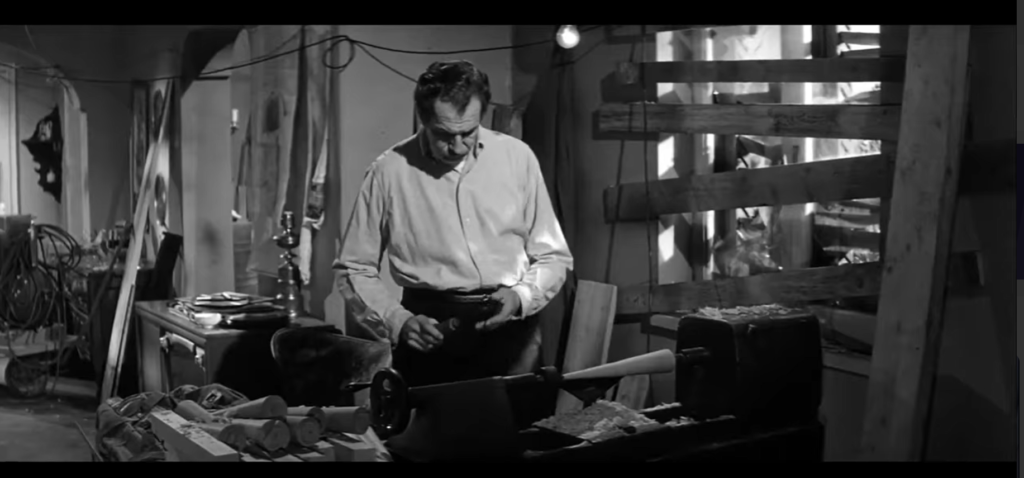
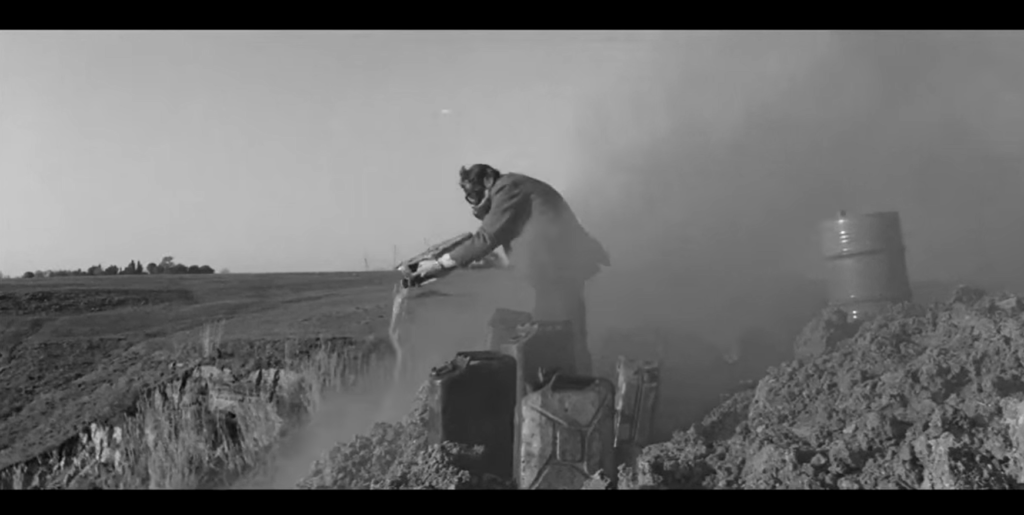
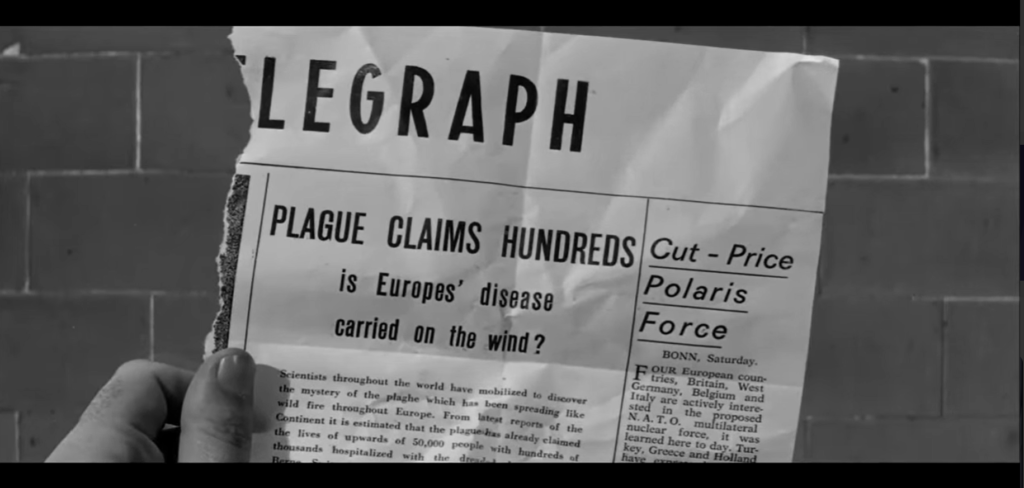
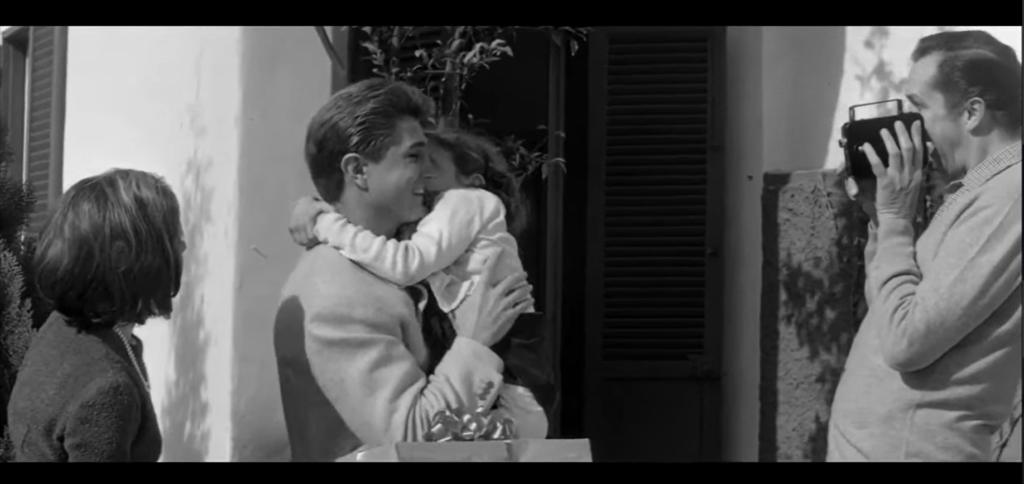
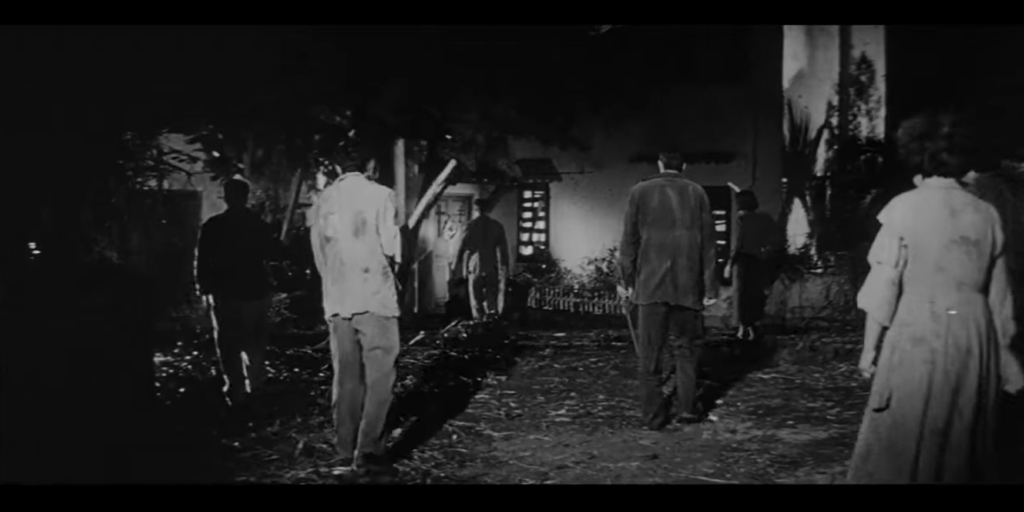
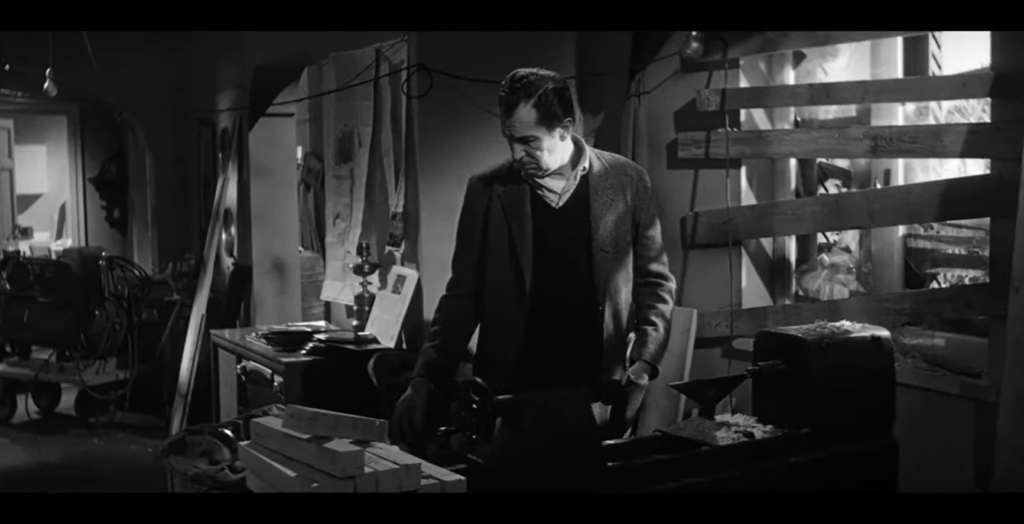
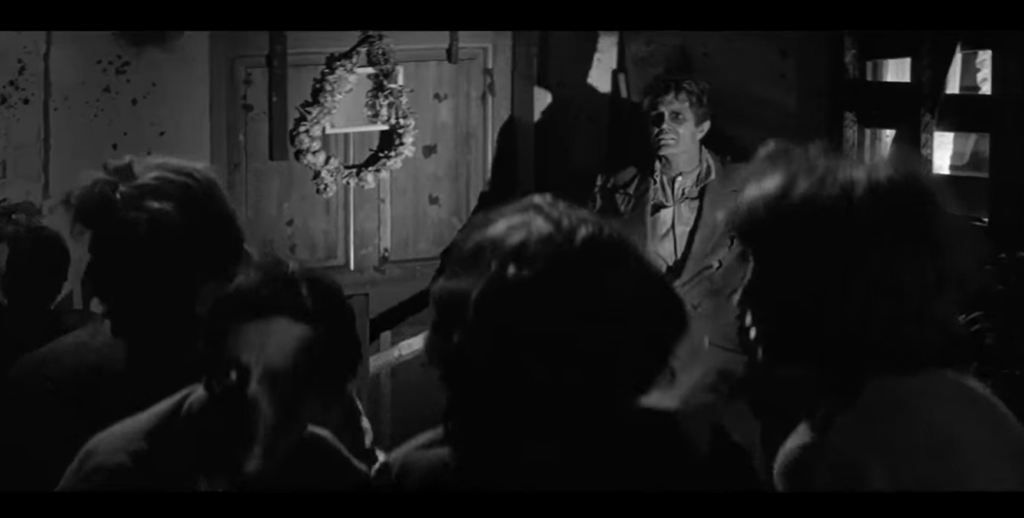
One thought on “Last Man on Earth, The (1964)”
A must as a genuine cult classic and a still under-appreciated gem.
Here’s what seems to have happened: George Romero…one would obviously think…saw ‘The Last Man on Earth’ and decided to remake it…only without backstory. By taking the step to jettison anything smelling of flashback, Romero created a go-for-the-throat, action-centric midnight movie called ‘Night of the Living Dead’. Surprisingly, both films work on their own terms, so Romero can easily be forgiven for what very much seems a rip-off. Perhaps, though, Romero’s satisfying cult phenomenon should be seen simply as a powerful riff on an equally compelling story.
I don’t find ‘The Last Man…’ at all campy (why do people throw that word around without knowing what it means?!). Nor do I find our dear Vincent at all hammy in it. On the contrary, he’s remarkably subdued (one can clearly hear that in his voice during the parts he narrates for us) and, I think, ideally cast.
The film fairly drips with existential angst. (The subtext of ‘Why am I alone and different?’ is fairly strong.) And most of it works. What’s particularly gripping is the first half of the film – Price’s gradual descent into despair at realizing, three years into his fate, that it could only be a matter of time before he’s beaten. (If you ever feel like you’ve had a bad day, just take a look at this movie again and you will probably feel your life isn’t so bad.) But things do get very interesting midway, progressively so – as you slowly realize a spin cycle is waiting to start.
Clearly this was a European co-production of some sort. (~though I didn’t actually hook into the fact that it was filmed in Italy – everything seems so stark, it could have been any number of places.) And it does seem the budget was somewhat tight. But it doesn’t look like it was an expensive film to make, all things considered – and the only time the budget seems to become apparent is in the somewhat-rushed ending. Granted, the ultimate point gets across – but there is a slight slapdash feel to the finish. Still, overall, the film is not harmed.
This is a dark, dark film. The glass is definitely not seen as half-full. But I think the film’s vision rewards and offers more with repeat viewings. I find the film very impressive indeed.
Oh, that Richard Matheson! – I really must get around to reading some of his stuff.